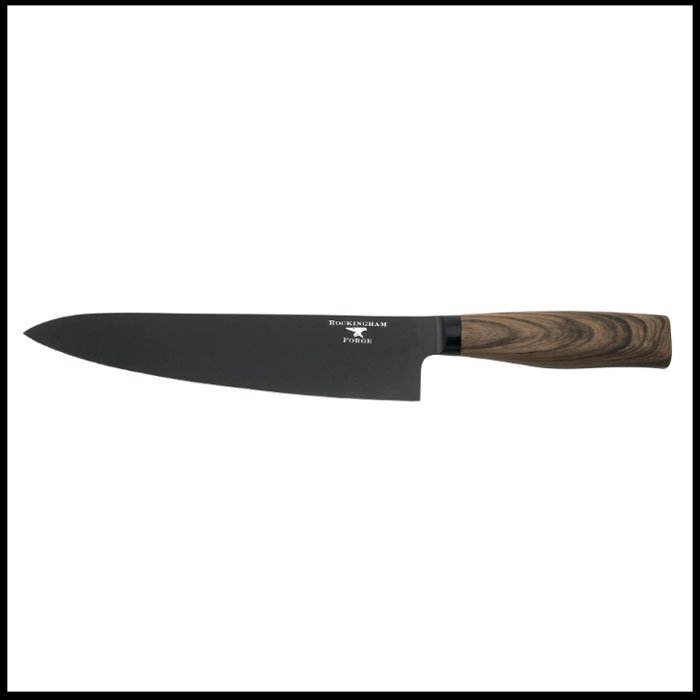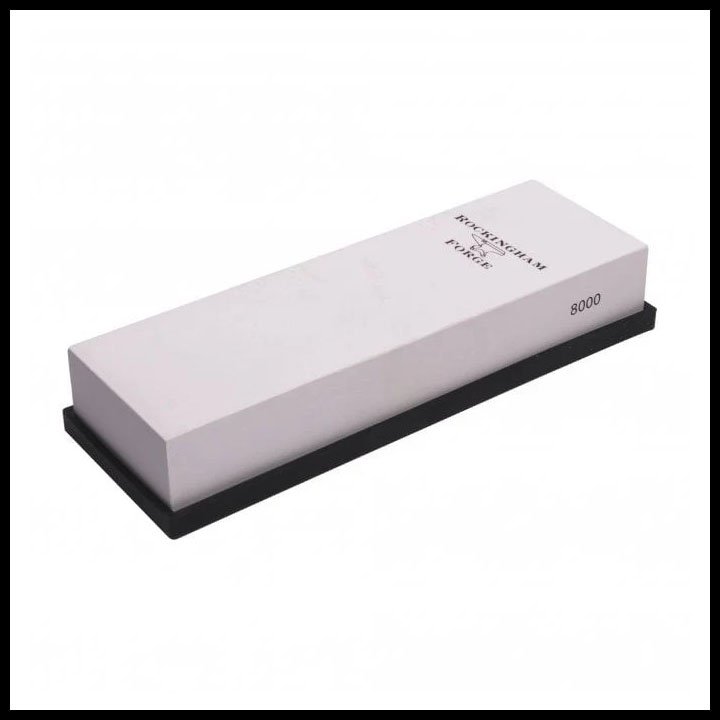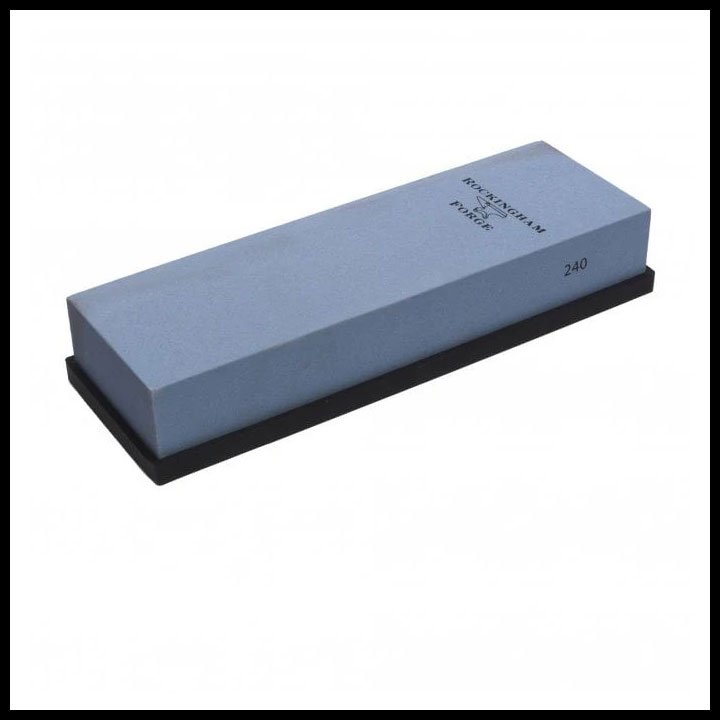RF Ashwood 12.5cm Santoku Knife
The Santoku Knife is a Japanese variant of the chef's knife. The Santoku, which translates to "three ways," is a flexible knife that can be used for slicing, dicing, and mincing, among other things. This 12.5cm Santoku Knife, which easily slices through vegetables, fruit, and meat, was originally crafted and invented for Japanese homemakers who wanted to recreate Western-style cuisine in their kitchen (not to be confused with the other Western-style Japanese knife - Gyoto).
Since Japanese chefs usually used forward and backwards cutting strokes or a straight up and down slice, the Santoku knife's blade had no curve. This meant that the rocking motion on a cutting board could not be accomplished. The Santoku knife, which was relatively unknown ten years ago, has grown tremendously in popularity over the last few years.
The Santoku Knife is a Japanese variant of the chef's knife. The Santoku, which translates to "three ways," is a flexible knife that can be used for slicing, dicing, and mincing, among other things. This 12.5cm Santoku Knife, which easily slices through vegetables, fruit, and meat, was originally crafted and invented for Japanese homemakers who wanted to recreate Western-style cuisine in their kitchen (not to be confused with the other Western-style Japanese knife - Gyoto).
Since Japanese chefs usually used forward and backwards cutting strokes or a straight up and down slice, the Santoku knife's blade had no curve. This meant that the rocking motion on a cutting board could not be accomplished. The Santoku knife, which was relatively unknown ten years ago, has grown tremendously in popularity over the last few years.
The Santoku Knife is a Japanese variant of the chef's knife. The Santoku, which translates to "three ways," is a flexible knife that can be used for slicing, dicing, and mincing, among other things. This 12.5cm Santoku Knife, which easily slices through vegetables, fruit, and meat, was originally crafted and invented for Japanese homemakers who wanted to recreate Western-style cuisine in their kitchen (not to be confused with the other Western-style Japanese knife - Gyoto).
Since Japanese chefs usually used forward and backwards cutting strokes or a straight up and down slice, the Santoku knife's blade had no curve. This meant that the rocking motion on a cutting board could not be accomplished. The Santoku knife, which was relatively unknown ten years ago, has grown tremendously in popularity over the last few years.







